Property disputes are at the center of many Pennsylvania divorce cases. In the commonwealth, there is a law for equitable distribution meaning that the marital property must be divided in a manner that is considered fair to both parties. When the court issues an order as to how property is to be split, the sides are expected to adhere to it. Unfortunately, in some cases, that does not happen. Understanding the law for failure to comply with equitable distribution orders and the powers of the court in such a situation is imperative to a case. As always, it is also critical to have legal advice and protection throughout the process.
The court will act if a person fails to comply with an equitable distribution order
There are certain powers granted to the court under the law to ensure that the equitable distribution order is followed. It can enter a judgment against the person who failed to adhere to the order. The seizure of property, rents and profits of the party’s property can commence so the order is followed. Interest can be awarded if there are unpaid installments.
Property can be transferred or sold so the order is complied with. Security can be ordered to make certain that the future payments are made. There can be an attachment proceeding with law enforcement officers told to bring the person who is violating the order to court for a hearing. That person can then be held in contempt and even jailed for up to six months. The violating party may be ordered to pay for counsel fees and court costs. Wages can be attached.
For problems with equitable distribution, legal help may be needed
The court takes its orders seriously. Failure to do as instructed can result in various steps to make certain that there is equitable distribution of the property. Often, people may try to take matters into their own hands and get what they are legally entitled to. This is a mistake that tends to make matters worse. Before moving forward, it is wise to have legal assistance to ensure that the equitable distribution order is followed. A firm with experienced in divorce, property division and other aspects of family law may be able to help.


